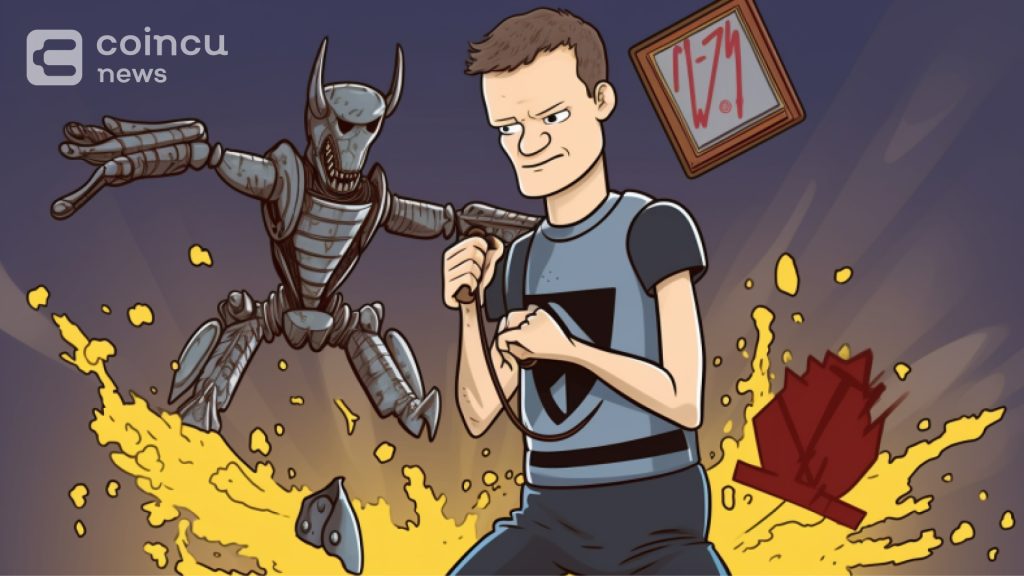Key Points:
- Super-intelligent AI is highly risky and development should be cautious.
- Promotes consumer-grade hardware AI to prevent corporate and military monopolies.
- Supports categorizing AI into “small” and “big” to avoid overregulation of all AI projects.
Vitalik Buteri recently expressed on X that he was deeply concerned with the rapid development of super-intelligent AI and what that means for society. He emphasized the high risks associated with super-intelligent AI and urged a cautious approach in pushing it forward.

Vitalik Buterin highlighted the risks of rushing forward with super-intelligent AI development and called for resistance against such efforts. He particularly criticized the idea of building a $7 trillion server farm dedicated to super-intelligent AI, arguing that such centralized and gargantuan projects could come with a huge concentration of power that would control significant aspects of human thought and society.
Readmore: Ethereum ETF Applications: Is There Potential For New Breakthrough?
Buterin’s Plan to Prevent AI Monopolies

Buterin said the growth of a robust open source model ecosystem was the way forward. He said that it would serve to be a good countermeasure to how to prevent AI’s value from becoming overly concentrated in the hands of a few corporate or military entities. The open source models pose lesser risks compared to monopolistic approaches, with the latter being less likely to lead to situations where a small few players have disproportionate control over AI technologies and, by extension, human cognition.
Ethereum CEO understood the rationale behind categorizing AI into “small” and “big” categories. He supported exempting small AI from major regulations, but emphasized oversight on large AI. However, he was afraid that many of the current proposals might eventually expand to include all AI developments. In so doing, all AI would be regarded as “big” and subjected to the same level of scrutiny. This would, according to him, stifle innovation and create hurdles for smaller, less risky AI projects.
| DISCLAIMER: The information on this website is provided as general market commentary and does not constitute investment advice. We encourage you to do your own research before investing. |






















